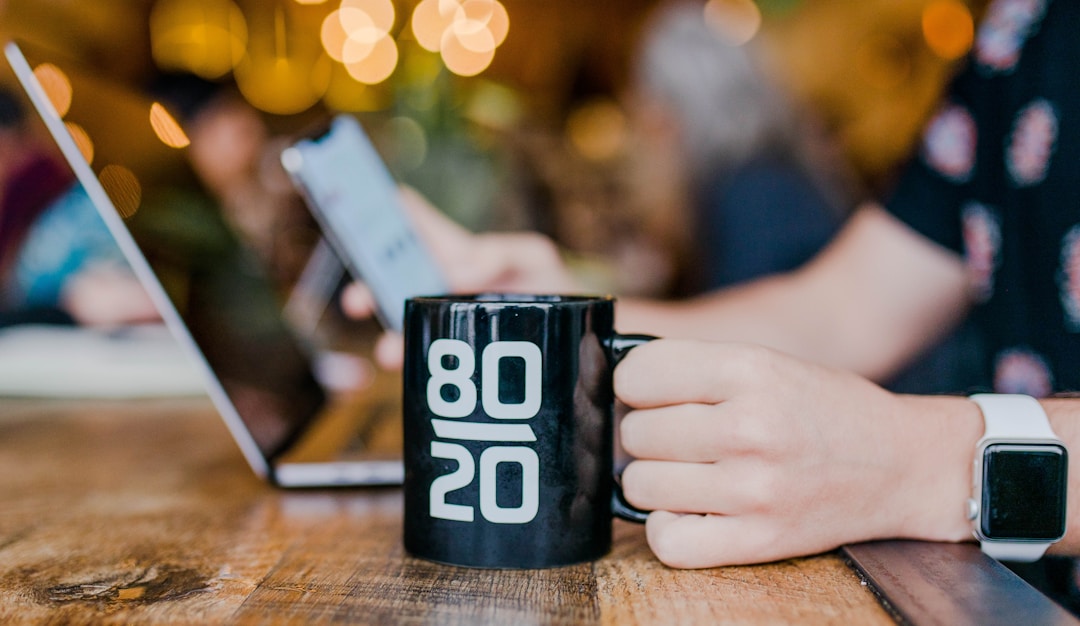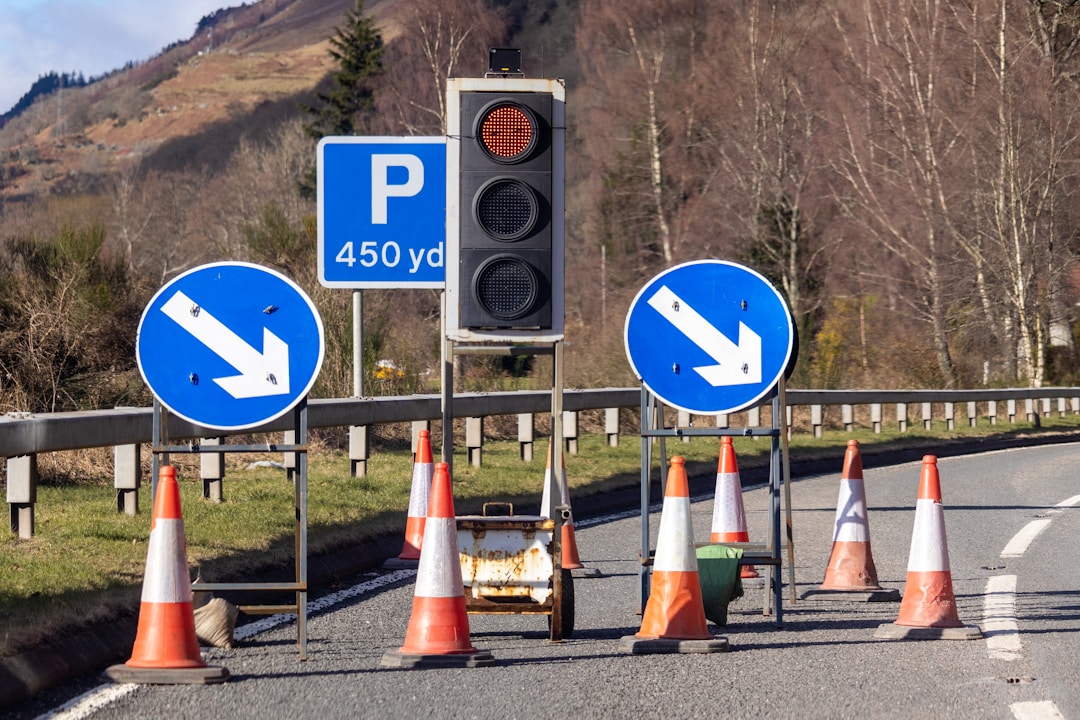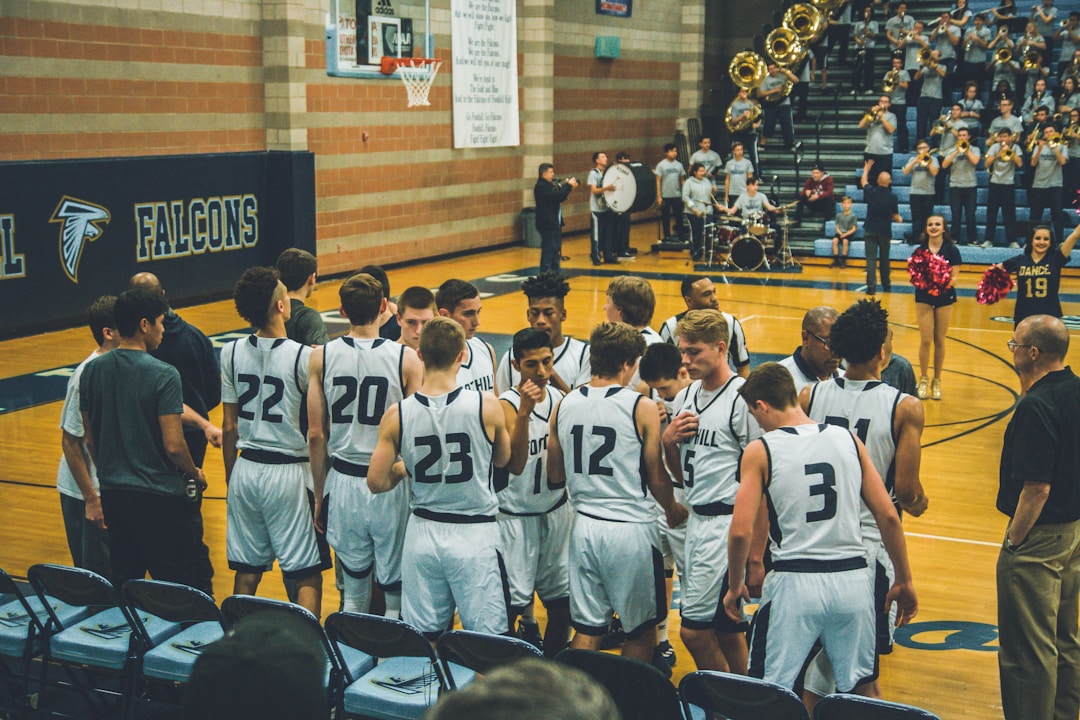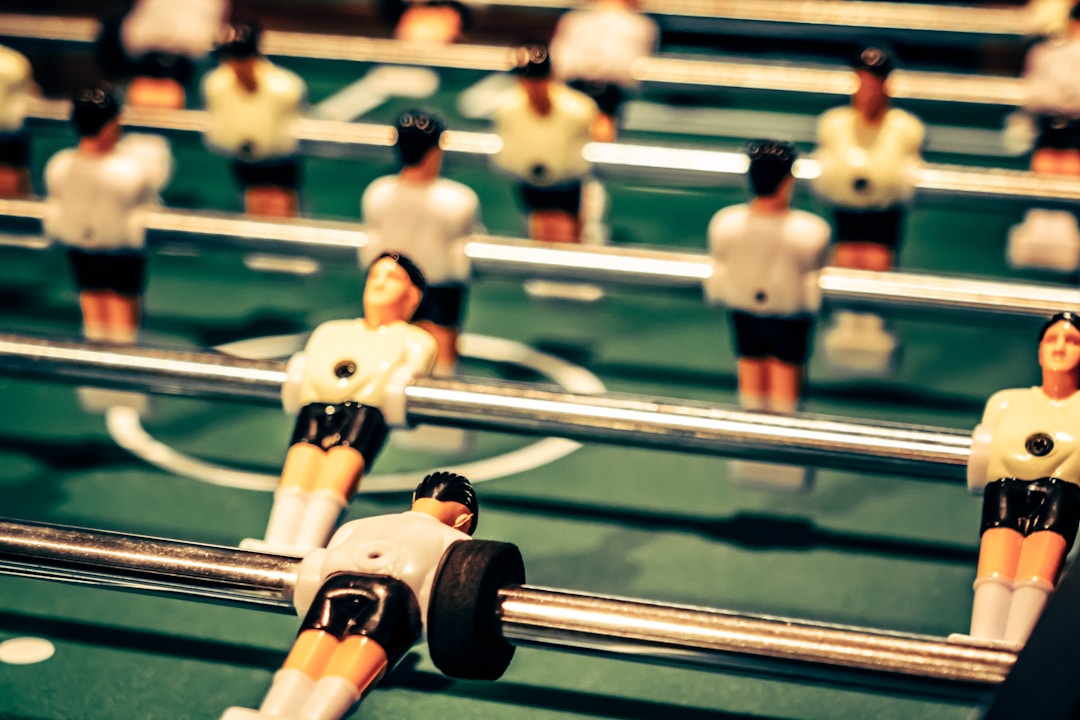Just a few months ago the book “The Experience Economy: Competing for Customer Time, Attention, and Money” celebrated its 20th anniversary with a reprint with a new preface. In commenting on the anniversary, the two authors James H. Gilmore and B. Joseph Pine II stated that we’re in an Experience Economy. Right now.
Just a few months after, the new Coronavirus Covid-19 epidemic has shattered this certainty. With the imposed quarantine first in China, then in Italy and Spain, and with similar actions spreading around the world, one of the biggest questions is what will happen after? Will we be able to go back to Business as Usual?
The part of the Economy that has already been hit hard is precisely what the Gilmore and Pine celebrated in their book. Events such as concerts, conferences, trade-shows, sports matches, museum exhibitions, all have seen huge numbers of cancellations. Also, the Olympic Games in Tokyo are put under question, despite the IOC commitment to go forward. Yes, some events can move online via streaming arrangements, and several agencies are becoming creative in trying to build contingency plans. But the critical pillars of the Experience Economy are coming to a standstill. IATA has evaluated the total impact on the airline industry at a staggering figure between USD63 and USD113 billion, depending on the duration of the epidemic. The cruise industry is also coming to a standstill and with major destinations (China, Italy, Spain, France) badly hit the entire tourism industry is on its knees, including hotels and all related services. Retail is also severely hit by closures, especially in the apparel sector. Is this the start of a new economic era, that someone has already called Transformation Economy?
Actions to contain the spread of the virus are reducing human connections, the base itself of experience.
The effects on the Economy
Many analysts have been focusing on the supply chain side, illustrating how the China crisis has disrupted many industries, and calling for more robust contingency planning. However, my feeling is that the biggest disruption might come on the other side of the fence: retail and services.
If we look at what has happened in China, most fashion and lifestyle brands have almost halted all of their marketing efforts. E-commerce has, however, proved resilient, also thanks to the development of many of the big local platforms. Live-streaming has become a ubiquitous tool for brands and services to keep a contact line open with their customers, often focused mainly on creating a sense of community. Initial signs of recovery seem to highlight a quick bounce in many areas, although there are also evident signs that only companies that have prepared well are going to ripe the benefits of coming out of the emergency.
eCommerce sales increase, however, does not balance off with the current losses in physical retail. Only companies that have invested heavily in creating online experiences around their brand sites have been able to partially counterbalance the crisis. And if we move away from China to Europe, where in many areas eCommerce is still in its nascent steps, many will wonder what exactly will happen. Initial data seem to show that a bit of rebalancing exists between physical and online stores, but we need to net this out from the mass increase in sales of protective masks and detergents.
Will Experience Economy Change?
The question that comes to mind more easily is if this crisis will have enduring effects on the Experience Economy. A friend that lives in one of the first isolated hot spots in Northern Italy wrote a message which summarises a possible reassessment of our priorities.
“In the three weeks we stayed home, isolated, we have rediscovered what it means staying together as a family. We did a calculation; the fours of us have saved more than 1800 euros in dinners and drinks alone. […] We have donated this to the local hospital. But the question is, will go back really to our old lives?”
The first data that are out (thanks to a survey from McKinsey) seem to underline some reality in these words. The trend is clear: more people are experiencing online shopping and deliveries. Not all of this adoption will stick once we do get back to normal. We’ll try everything because we’re forced to, but not all of it will work. So, which is which?





Will bars and restaurants all suffer after this phase? I don’t think it is going to be just a straight consequence. But after so many years of uncontrolled economic growth, there might be a place of a re-evaluation of personal priorities. Maybe also in the wake of a much bigger emergency: Global Warming.
I agree with Benedict Evans when he mentions that when reasoning in terms of eCommerce today we need to consider two new impacts that have been driven by the Covid-19 crisis. First, this period has forced many to experiment with e-commerce for the first time. Whether it’s grocery delivery or a new sweatpant, many people would have dismissed the idea of buying online before. Second, how many retailers will simply not survive the lock-down period? what will the net effect be of them disappearing?
Our assumptions of how we buy but also what we buy are being reset.Benedict Evans, COVID and Forced Experiments.
There’s even more on this to be taken into account. David Galbraith has contributed to a very interesting essay in Exponential View Newsletter by Azeem Azhar. In the first part, David explored why the pandemic will accelerate changes that were already underway. In the second part, he explores six scenarios, the first one of which based on the changes to communication and relationships. In terms of the types of online vs. offline interaction preferences, if social distancing measures become a semi-permanent feature, then we will see a barbell effect. This will be particularly impacting in-person experiences that may increasingly become premium ones where, for example, as both employees and employers become more comfortable with working from home, there will be little value in working in a cubicle in an office, versus using it for in-person meetings. This can potentially have an effect also on the way we work, although remote working also needs a different maturity level for the organisation.
Summing up, I see two possible outcomes:
- An accentuation of existing trends towards “true” experiences. The effect of the increased levels of personal connections needs during the quarantine might push people to move back even more into experiences that are linked to health, beauty, cultural discovery, relaxation. Probably travelling will need a bit more time to be re-established, but focus on truly experiential moments vs. buying goods could probably accelerate. Another element that probably could be seen as a consolidating trend is the attention that consumers might put even more in Purpose related behaviours of brands. For example, in China, first data seem to show a level of disaffection for brands and countries that seemed not to support the country during the initial phases of the Covid-19 emergency.
- An inflection point, with the reassessment of “values”. This scenario is more challenging to predict, but many scholars are advocating for an entire rethinking of the global Economy. From an Experience point of view, this could mean much broader attention into human-scale issues such as Global Warming, and consequent modification of behaviours with drops in consumptions. This would mean a restructuring of the Economy, especially in those parts that have shown more “excesses” (luxury, etc.).
Of course, it could also be that we are going to move back into “Business as Usual”. But am afraid that in that case, the economic consequences will be much more severe.
Disruption = Innovation
Moments of disruption like this need to be exploited as moments of innovation. Unfortunately, too many companies, instead, take defensive measures.
Companies that adopt a high-frequency approach to learning, codifying and applying lessons from other regions will be better able to protect their employees and business.Martin Reeves et al., How Chinese Companies have Responded to the Virus, HBR.
As I have investigated the different components of Organisation Design, I have presented a framework of Organisation Evolution. Each of those components has been historically innovated during moments of crisis. A concept that was perfectly illustrated in the classic research from Chandler that I have recently reviewed. Organisational Resilience is the key to survival, but there is more in this than just sustaining the impact of the crisis. Progressive Companies use a crisis to prosper, embedding change and using these moments to truly innovate.
How? For sure it can be innovation about products and services. After all, some of the most successful platforms we know today (Uber, Airbnb, etc.) have been founded during one of the many crises of the past 20 years. But also, existing companies should rethink their models now.
There’s a lot of this in an excellent paper that Deloitte has developed, with several scenarios that might develop and that looks specifically at how the leaders can help organisation thrive.
Starting from Employee Experience
I genuinely believe that a starting point for this is Employee Experience. Many could challenge this idea; as of today, we seem not to have time to think of this concept. We live in an emergency; there’s no time to think of new benefits. Well, this is a myopic view of the idea itself of Employee Experience, that should be disregarded.
We have already mentioned how quarantine measures have pushed many companies to move in the direction of SmartWorking arrangements. The speed at which certain countries have taken lock-down measures have taken off guard, many companies in many industries have not been equipped for this, and there is still a general Trust issue in how staff can get work done at home.
Experience Economy concepts seem far away in this context. Instead, this is the right moment to act. Employees that are isolated at home, face an unknown working style and need to develop more contacts with their employer and colleagues, not less.
The same concept that is valid for customer experience in a moment of emergency (building the “sense of community”) is even more so important for employees.
This is even more true for those that are not isolated at home, and are continuing to carry on those duties that are key to maintain basic services in countries, ensure that pharmacies and supermarkets stay open, and of course, that health services are still performed. Once more, it is crystal clear that front-line members of the working community are those taking the highest toll today. (The New York time has published an excellent piece analysing different types of jobs and the risk of catching the virus).

There are growing signs of conscience around this: several companies have decided voluntarily to guarantee to pay also to hourly workers that are in quarantine. Several countries are pushing financial aid also for those “gig” workers that would not normally have social protection (think about your taxi driver for example). More and more there is also a growing pain about the too many nurses, doctors, researchers that are fighting this enormous battle, in difficult situations, and paid minimum wages.
What’s also more worrying, they are also those more at risk in paying a second toll very soon. If the Economy slows down really, and traditional cost-cutting measures come into play, unfortunately, front-line employees will be deeply involved in these measures.
The crisis from the past, such as those of the last two World Wars, have shown that people are ready to make sacrifices if they perceive these to be fair and equitable. Sacrifice could be borne as long as it was felt to be fair.
Now is the moment to act!
This is the moment to intervene and create a direct link between the need and opportunity for innovation, and the scaling of the resources that people in the organisation have. Even if obliged to work from home.
Employees across all companies can take this moment to push for innovation, supporting their companies in the recovery. The concept itself of “Employee Experience” matches today even more closely that of “Customer Experience” because both, employees and customers, are going through the same crisis together, in the same locations, and with a sense of connectedness that is new.
It is an ideal moment to bridge the gap among silos, with distance communication, it’s the same effort to communicate with any colleague. We need to ensure that commitment levels stay high and focus can be established to prepare for the recovery. We need to treat all members of the team with respect and let them understand that there might be difficult times ahead. We need to provide all the tools to understand the current situation. And above all, we need to ensure we can capture all ideas, proposals, improvements and innovation that the spread intelligence can provide.
Organisations that will survive this crisis will not only be resilient but will be united and effective in exploiting their shared intelligence. A new phase of the Experience Economy will rise, thanks to the support of the bravest organisations.

Comments and Feedbacks
More posts like this










